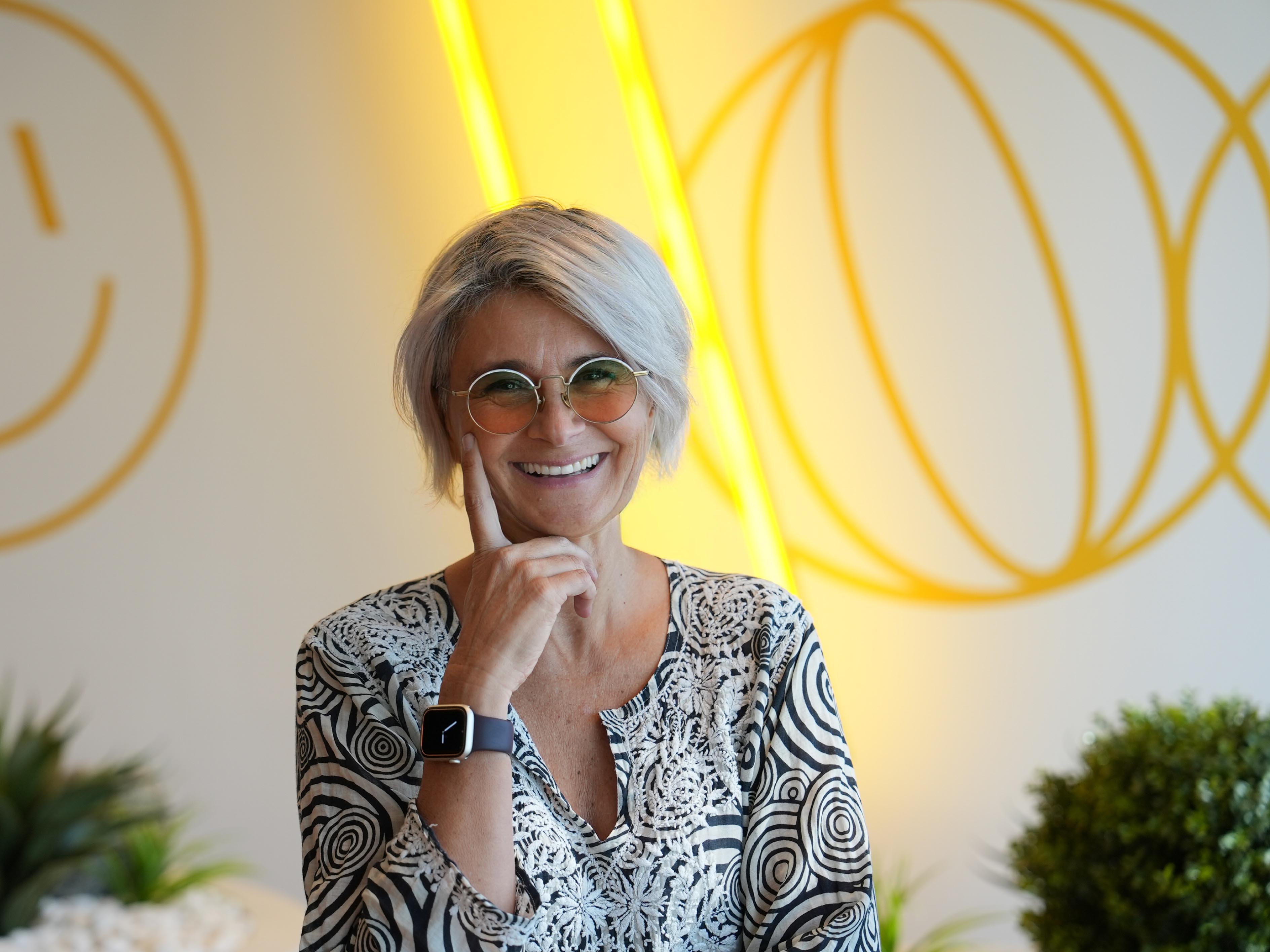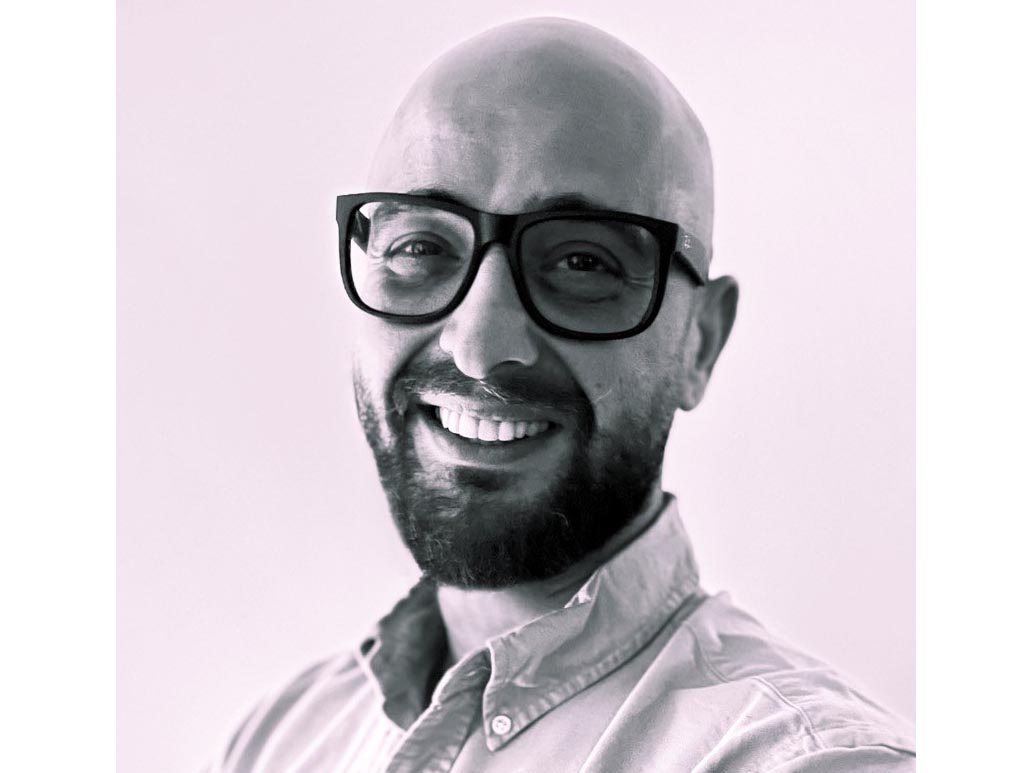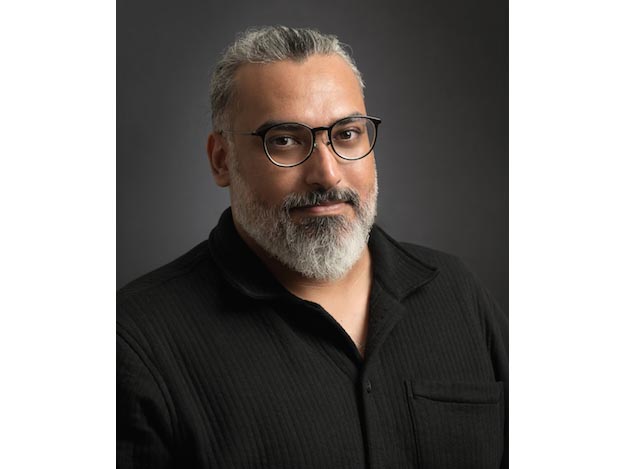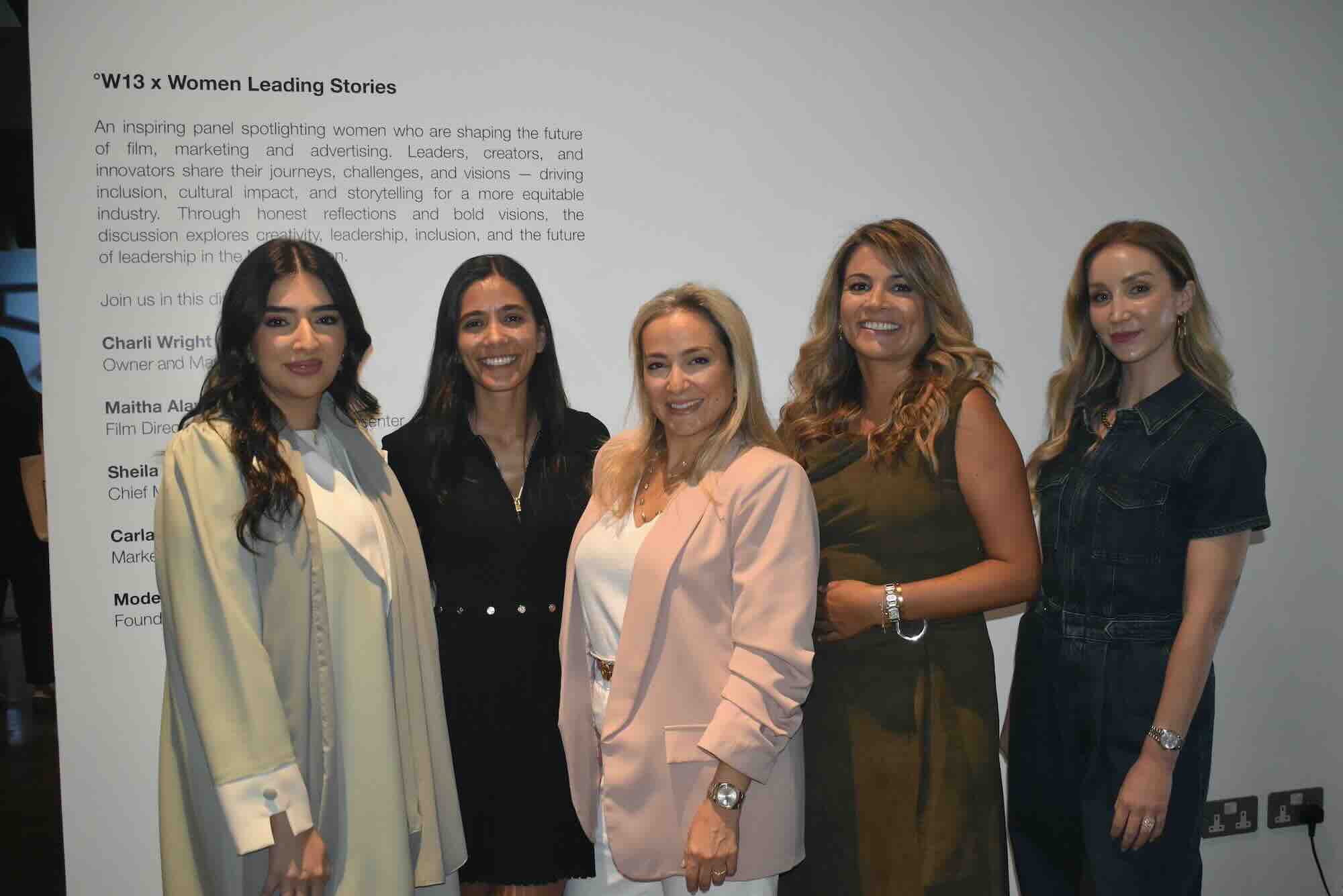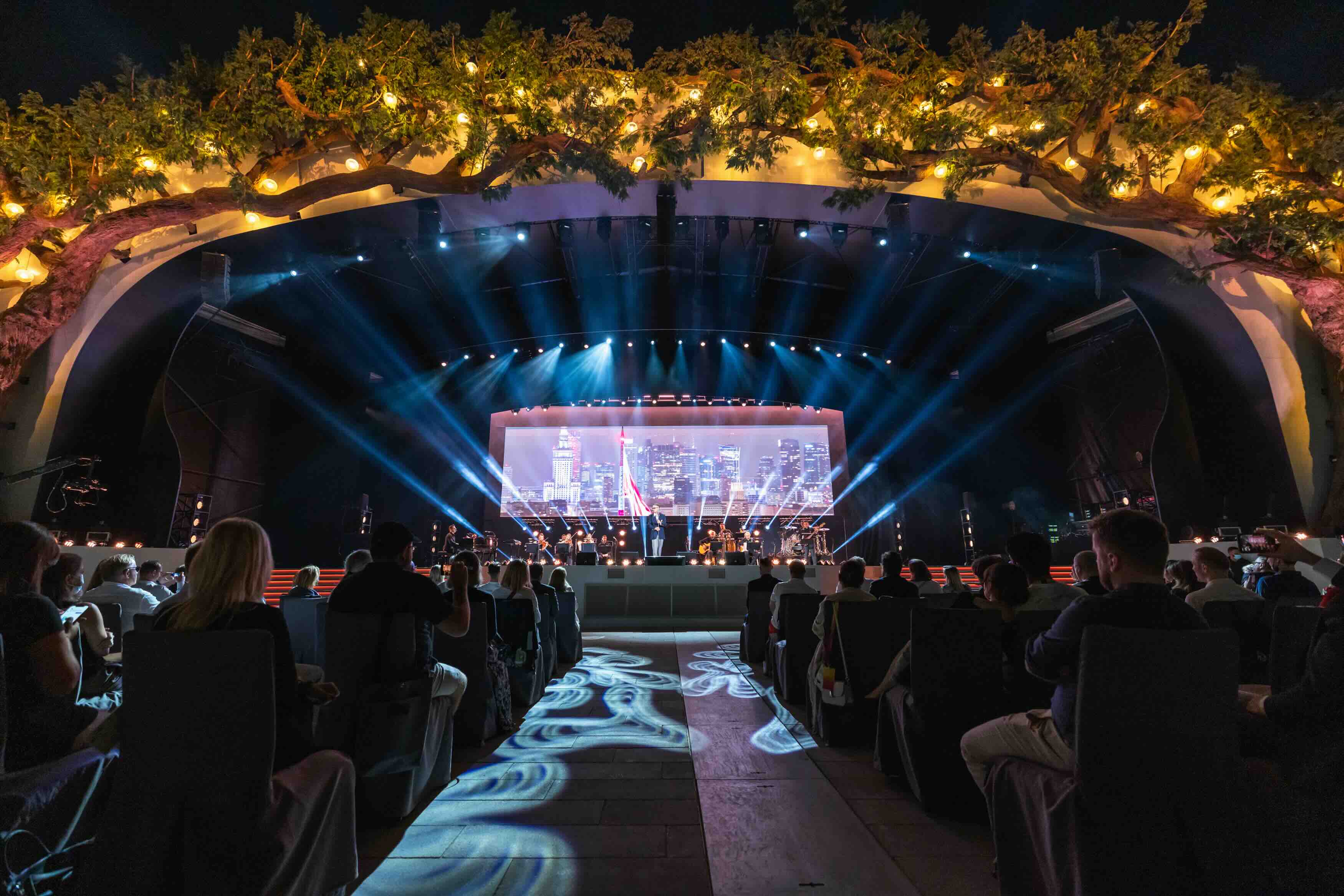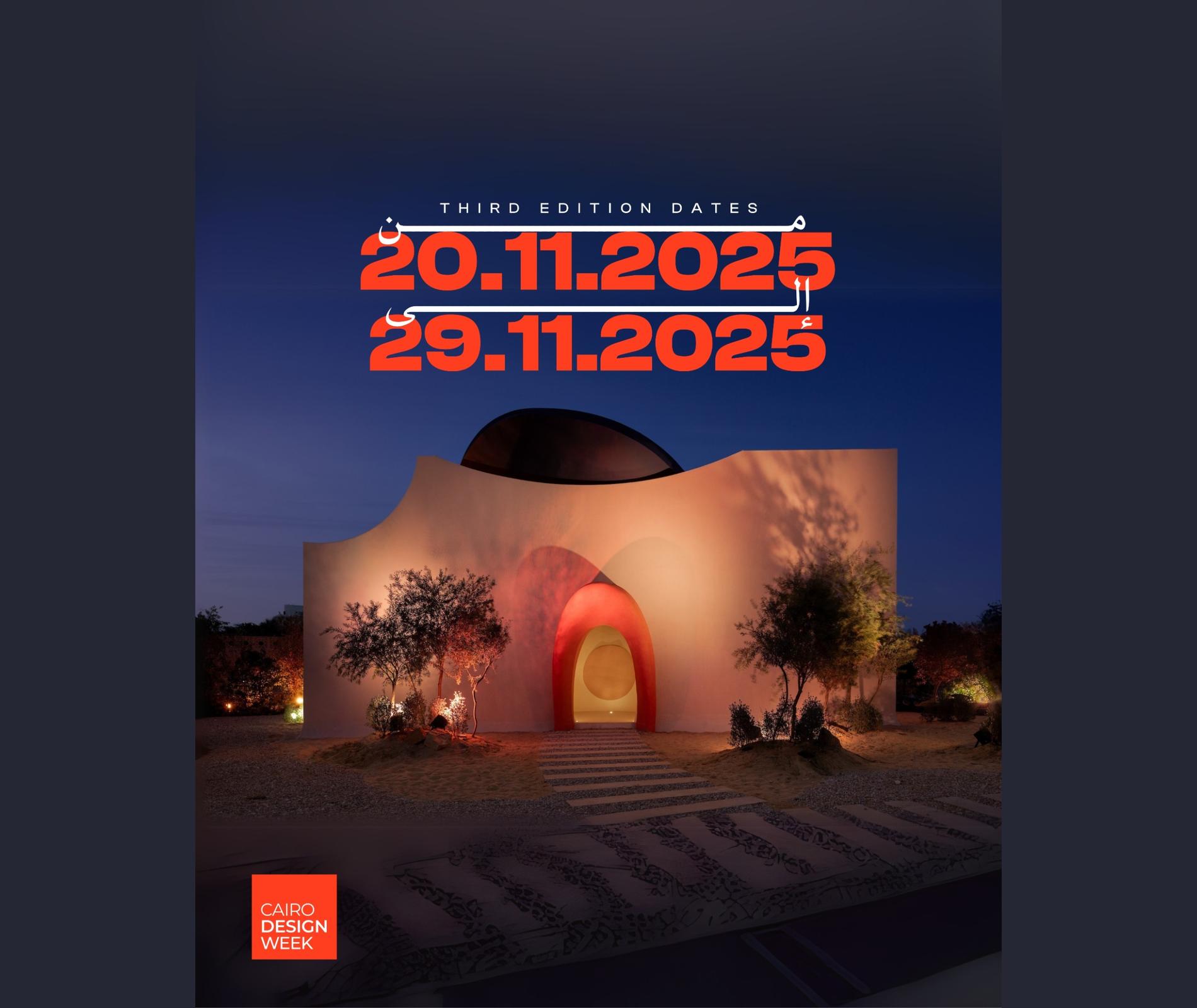News - Events
Down and out in Cannes
by Iain Akerman
June 23, 2019
.jpg) Advertisement
AdvertisementOnly one regional advertising agency walked away from this year’s Cannes Lions International Festival of Creativity with any semblance of success, and that was Impact BBDO. Winner of the region’s first ever grand prix for An-Nahar’s ‘Blank Edition’, it won seven of the region’s nine Lions, reaping international praise in the process.
Yet there were no regional golds, no titanium awards, and no winners at all in the majority of categories. Apart from Impact BBDO, only J. Walter Thompson Beirut and Interesting Times won Lions, with some agencies disappearing from Cannes altogether.
You have to go back a decade or more to find a worse year in terms of Lions won. Last year, 17 were awarded to regional agencies, down on 2017’s all-time high of 39 and the 31 won in 2013, but still almost double this year’s haul. With awards won in only six of the 27 categories, it was hardly a classic Cannes.
So what went wrong?
“There are no easy answers, but I can offer up some suggestions,” says Fouad Abdel Malak, executive creative director at TBWARaad and a member of this year’s print and publishing jury. “First of all, the appetite for award spending, especially on production, waned a bit this year considering most agencies were on the defensive, fending off fires and shrinking budgets and simply spending more time pitching for new business than nurturing existing ones. Lebanon’s market shrank and offered up very little, while the big players were too busy consolidating and forming new entities like Wunderman Thomson and VMLY&R.”
True, Lebanon’s entries dropped from 41 in 2018 to 25 this year. Saudi Arabia’s, too, fell from 66 to 53. Yet entries from Egypt, Kuwait and the UAE all rose – the latter’s from 456 to 473. However, that number is still considerably lower than the 1,004 entered by UAE agencies in 2017.
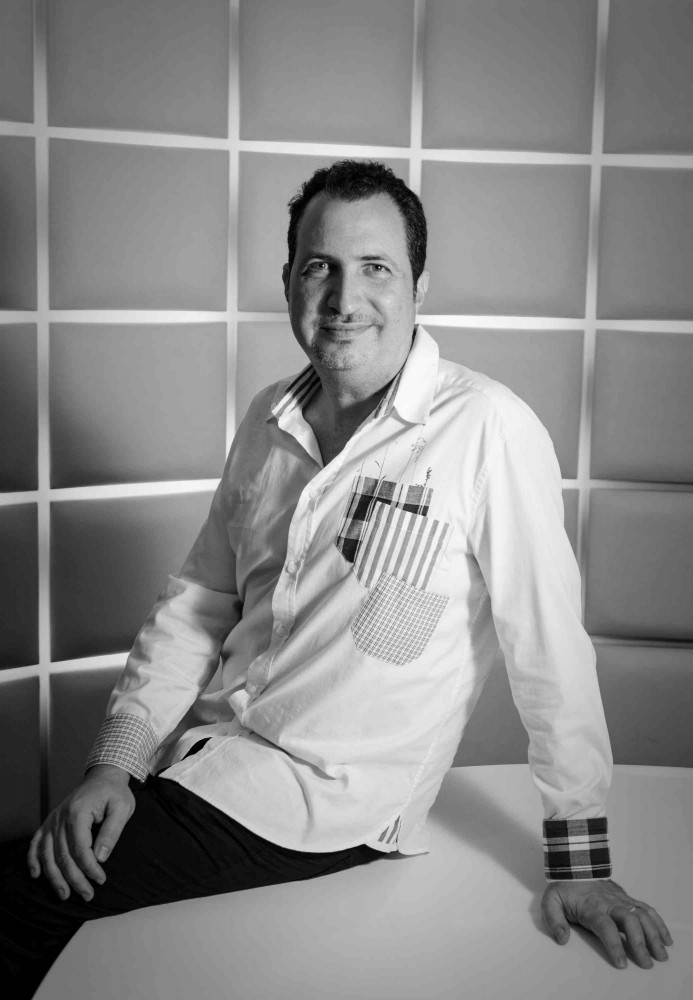
“The sad part is that our region is perhaps the only one that never supports our competitors’ work worldwide. Well, I hope some common sense will finally prevail and we tone down accusations of foul play and plagiarism.”--Fouad Abdel Malak, executive creative director at TBWARaad
Malak also notes the scale and amplification of the major winners at Cannes. Campaigns such as Nike’s ‘Dream Crazy’, Adidas’ ‘Here to Create Change’ by TBWAChiatDay New York, Droga5’s ‘The Truth Is Worth It’ for The New York Times, and McCann New York’s ‘Changing the Game’ for Microsoft’s adaptive Xbox controller.
“All these big winners shared one thing in common,” says Malak. “They were all purpose driven at the core of the brands’ communication and not a convenient add on, which might have been the case in previous years. They offered up amazing scale and Hollywood trailer-quality case studies, which our region will struggle to emulate. Because the idea that more than 70 per cent of Generation Z and Millenials in the West won’t buy your brand unless you stand for something whole-heartedly is still not fully endorsed or acted-upon by the majority of marketers in our region as a general rule.”
Should we be concerned? After all, in terms of innovation, creative data, mobile, social, or even digital craft, the rest of the world appears to be operating on a different level. As Malak says, the region is “dearly missing the investment, skill set and scale that allow for such category wins”. Yet others appear unfazed.
“Did the region have a good year? No. Am I worried about it? Not really,” says Oliver Robinson, executive creative director at FP7/DXB. “I certainly don’t think the region is on a downward spiral. The region’s first grand prix for BBDO is testament to that. I fundamentally believe the shortlisted work from the region was equal in quality to any of the work from around the world. Having walked around the Palais and seen all the work, this region was right up there in terms of creativity.”
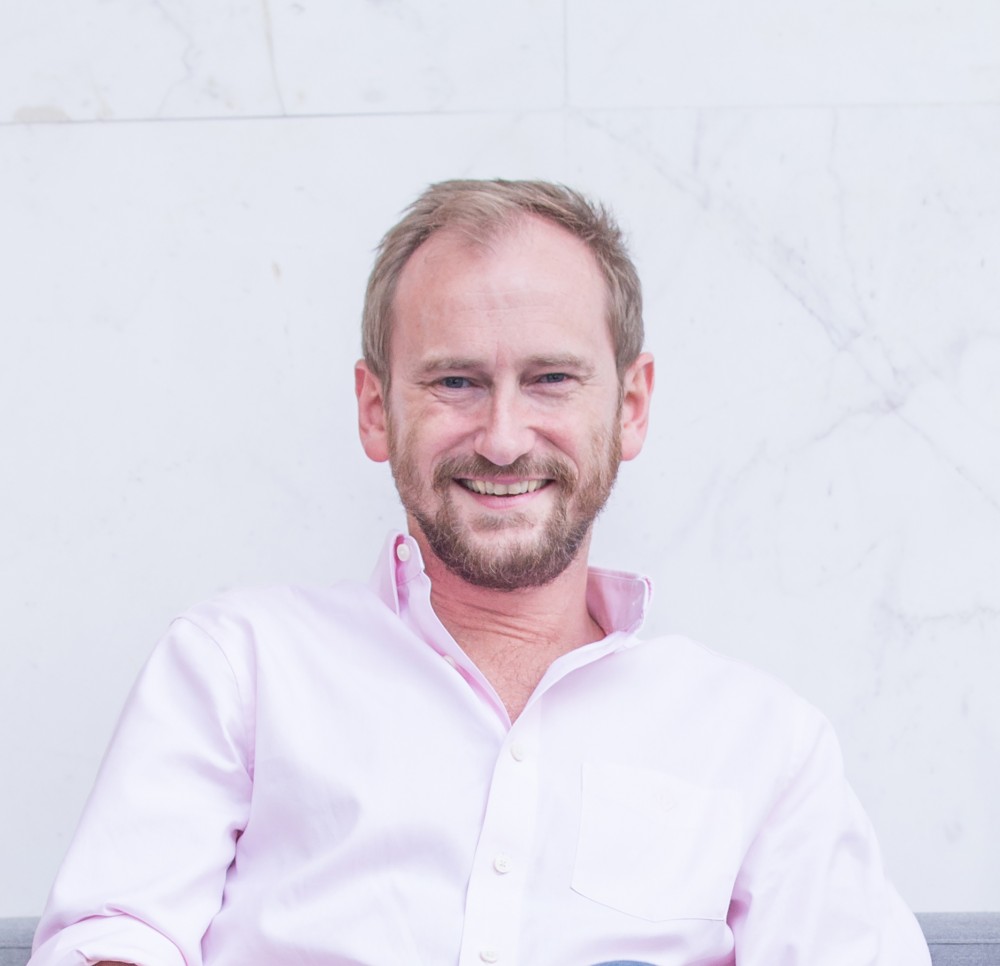
“Clients and agencies in the Middle East do recognise the importance of creativity, so we just need to keep on making great ideas, convincing clients to buy them and then make them with the highest level of craft.”--Oliver Robinson, executive creative director at FP7/DXB
There is an anomaly of course – Good People. The Beirut, Cairo and Athens-based production house won four Lions, including a gold in the social and influencers category for Diesel’s ‘Be a follower’ by Publicis Milan. It also won for a Voltaren spot by Saatchi & Saatchi London, although it was not the entrant company for either of the campaigns.
“It’s my second gold Lion, but more importantly it’s the first for Good People,” says Ali Ali, the film director and co-founder of Good People. “A much needed award that could not have come at a better time. I actually said to all our producers (who were feeling down and out) post our Lynx performance this year, not to worry as we’ll be packing a Lion in June. But I never expected to strike gold and hit the jackpot of awards.
“Yet overall it wasn’t a good year for film and film craft. I honestly haven’t seen any memorable work in TV coming out of our region this year. With the exception of the Emirates NBD spot ‘Wasn’t Me’ by Leo Burnett Dubai and Dejavu, which just came out, it’s been a poor year. Even our four Lions didn’t come from regional work but from global clients.
“Why? Well, for one, Dubai has been hit by a hush-hush recession, which is pretty much the same as 2008, except you’re not supposed to talk about it. And that explains a lot of conservatism from clients. There’s a lot of fear. When the money runs out, creativity runs dry. No one wants to bargain or risk with their only campaign for the year. While in Egypt advertising has moved exclusively back to the indistinguishable and uniform world of jingles. Out of 14 campaigns produced by the biggest brands for the African Cup, 14 were jingles.”
It was Impact BBDO’s ‘Blank Edition’ for An-Nahar, however, that grabbed the majority of attention. A collaboration between the agency’s Dubai and Beirut offices, the campaign saw the Lebanese daily print a blank edition in protest over the lack of a functioning government in Lebanon. It was, says Dani Richa, the agency’s chairman and chief executive, both a memorable campaign and an historic week for Impact BBDO at Cannes.
“At a time when it is widely considered that print is dying, we have shown that both print and digital can co-exist,” says Richa. “That work in print can open conversations on social media and reach an even wider audience.”
As a member of the print and publishing jury, Malak had a front row seat during the decision to award the ‘Blank Edition’ a grand prix. A decision that, he says, took just a few minutes, despite outside concerns regarding originality.
“The voting was utterly unanimous,” says Malak. “The jury president and the rest of us were presented with a similar idea from a Turkish newspaper, but it did not affect our judgement in the slightest since it was much smaller in scale and impact and didn’t possess the power of the social media extension and the socio/political context that makes An-Nahar’s ‘Blank Edition’ so potent and award-worthy. The Turkish piece showed just the name of one imprisoned reporter on one blank page and pretty much stopped there.
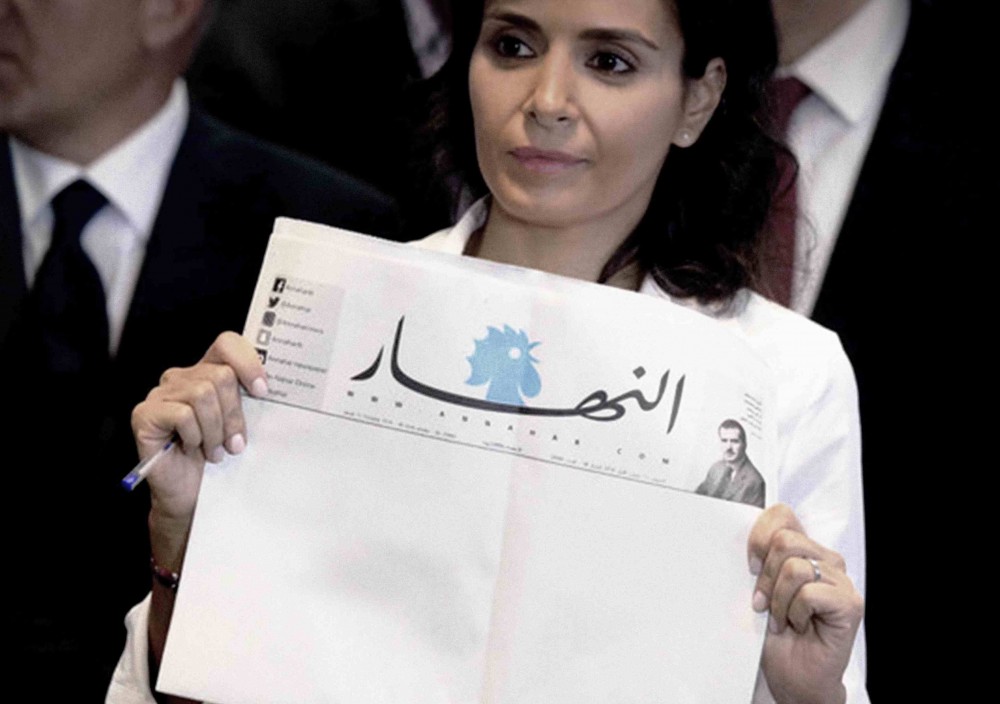
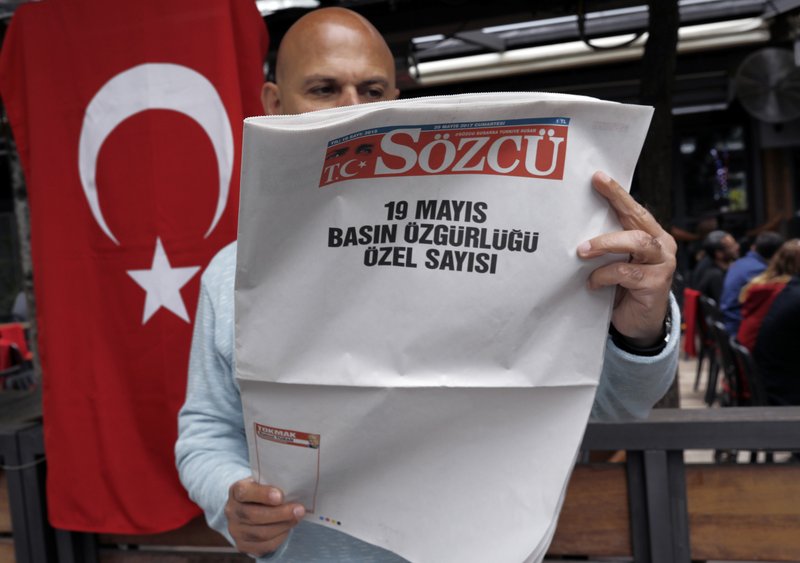
“The sad part is that our region is perhaps the only one that never supports our competitors’ work worldwide. Well, I hope some common sense will finally prevail and we tone down accusations of foul play and plagiarism. We are too small to keep turning on each other. I’m hoping that the new generation will finally applaud great work from our region no matter from which agency it originates from. Because in the end, it’ll only help lift us all up.”
What needs to happen now is open to debate. Is this just a blip, as Robinson believes? Or should agencies take a good hard look at themselves and the work they produce?
“It’s not about what we can start doing, we’re doing it already,” says Robinson. “Clients and agencies in the Middle East do recognise the importance of creativity, so we just need to keep on making great ideas, convincing clients to buy them and then make them with the highest level of craft.”
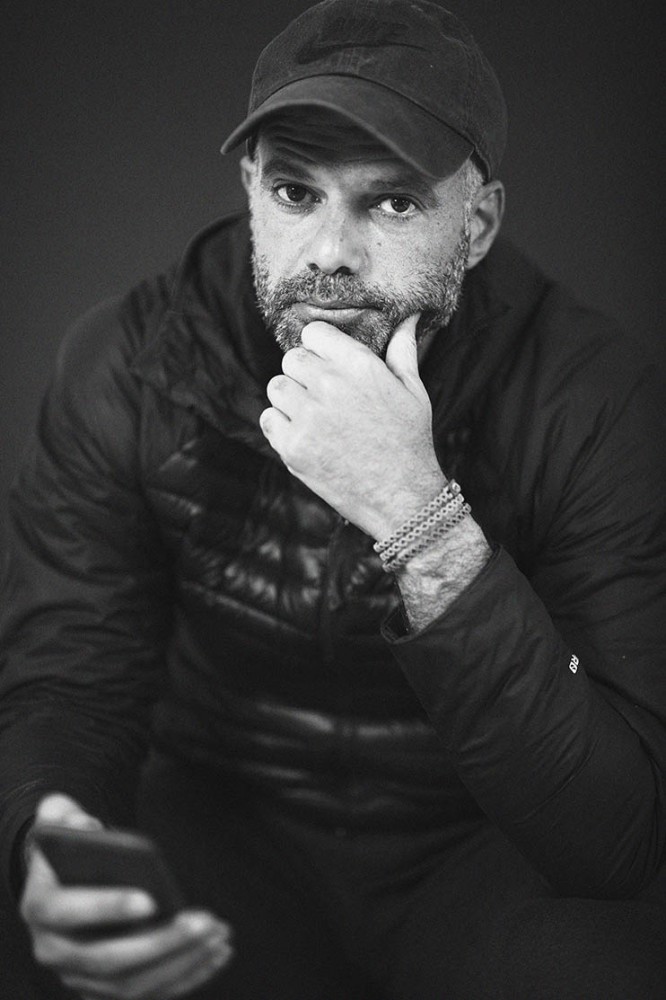
“We can’t let go of ideas, and nor do we want to. We always say we’re about the work, and that the work comes first. So awards like these say we practice what we preach. And ideas that resonate will take you all the way to Cannes.”—Ali Ali, film director and co-founder of Good People
“I’ve been saying recently that ideas are dead and it’s all about execution now,” adds Ali. “But our execution and production budgets are still limited, and until we can hide behind incredible production and post production like they do abroad, we only have our ideas to depend on. So we can’t let go of ideas, and nor do we want to. We always say we’re about the work, and that the work comes first. So awards like these say we practice what we preach. And ideas that resonate will take you all the way to Cannes.”
For Malak, it’s relatively simple. Do brand-purpose work that can truly change the world, while being integral to the product communication. “The more seasoned brands and powerful, established agencies took home the bulk of the big prizes on purpose-driven work, backed up by data and social media prowess that can hardly be denied, while resonating globally with real audiences and juries alike, while taking risks,” says Malak.
“I’ll ask a simple question,” he adds. “Are marketers [in the Middle East] truly ready to embrace such bold moves that place purpose at the heart of their communication? And are agencies in our region willing to risk committing for such a change at such uncertain times? Truth be told, that’s the big question that will determine if we can truly remain viable contenders for the big awards at Cannes in the future.”


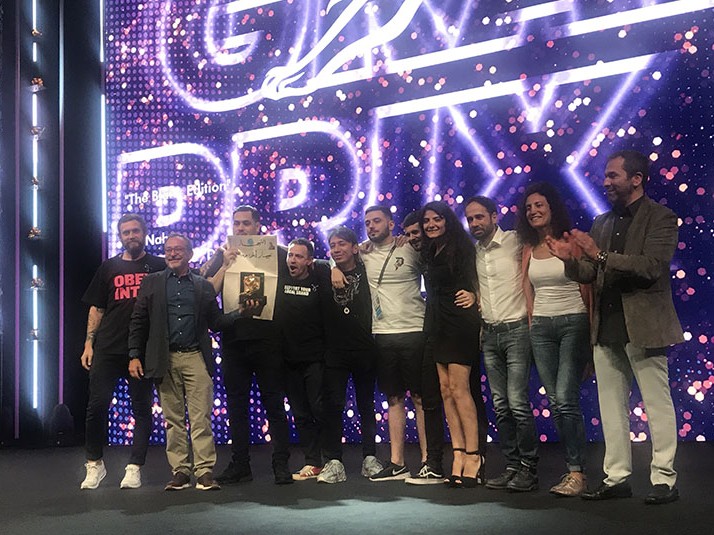


.jpg)
